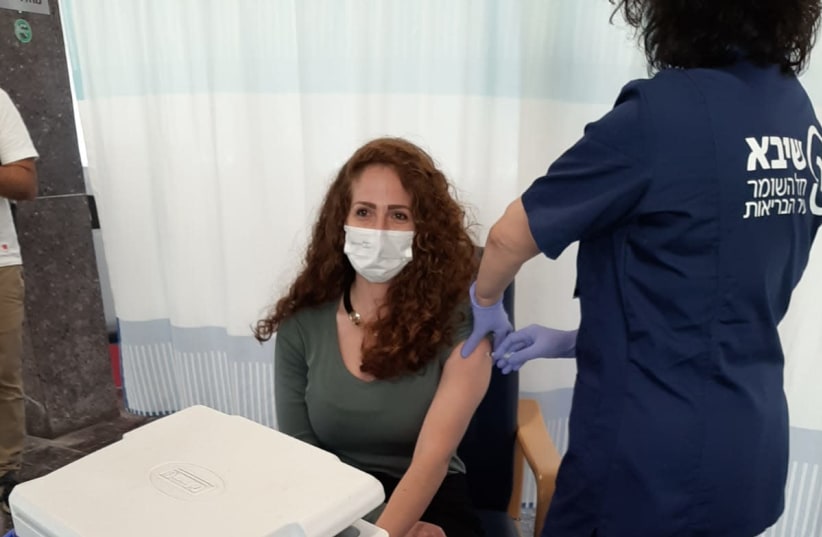BioNTech and partner Pfizer warned on Monday that they had no evidence that their jointly developed vaccine will continue to protect against COVID-19 if the booster shot is given later than tested in trials.
"The safety and efficacy of the vaccine has not been evaluated on different dosing schedules as the majority of trial participants received the second dose within the window specified in the study design," the companies said in a joint statement, referring to prime and booster shots given three weeks apart.
The current vaccination is meant to be delivered in the form of a prime shot, the first, and the booster shot, to be administered three weeks after the prime shot was given.
The report arrives on the heels of two developments; firstly, several nations, among them Germany and Britain, are considering extending the 21-day time limit to manage a predicted shortage of doses, Reuters reported.
Denmark already approved a delay of up to six weeks between prime shot and booster.
The other development are early reports about another mutation of COVID-19, this time from South Africa, which adds confusion in the scientific community already curious to learn if the existing vaccinations could deal with the so-called British mutation, N12 reported on Monday.
Israeli health experts support a similar move: to allow a third week to pass between prime shot and booster and to inoculate millions of Israelis while the nation waits for more vaccines to be shipped.
Health Ministry deputy director-general Prof. Itamar Grotto supports the move, but Tel Aviv University evolutionary virologist Dr. Adi Stern warned that this would be, in effect, experimenting on Israeli citizens.
“I don’t want to try that,” he said. “I don’t think it’s worth it.”
Her sentiments were echoed by Dr. Ran Nir-Paz, who specializes in infectious diseases at the Hadassah-Hebrew University Medical Center and the Hebrew University of Jerusalem, who said, “We know what works. To give it according to protocol is the smartest way to do it.”
Reuters contributed to this report.
